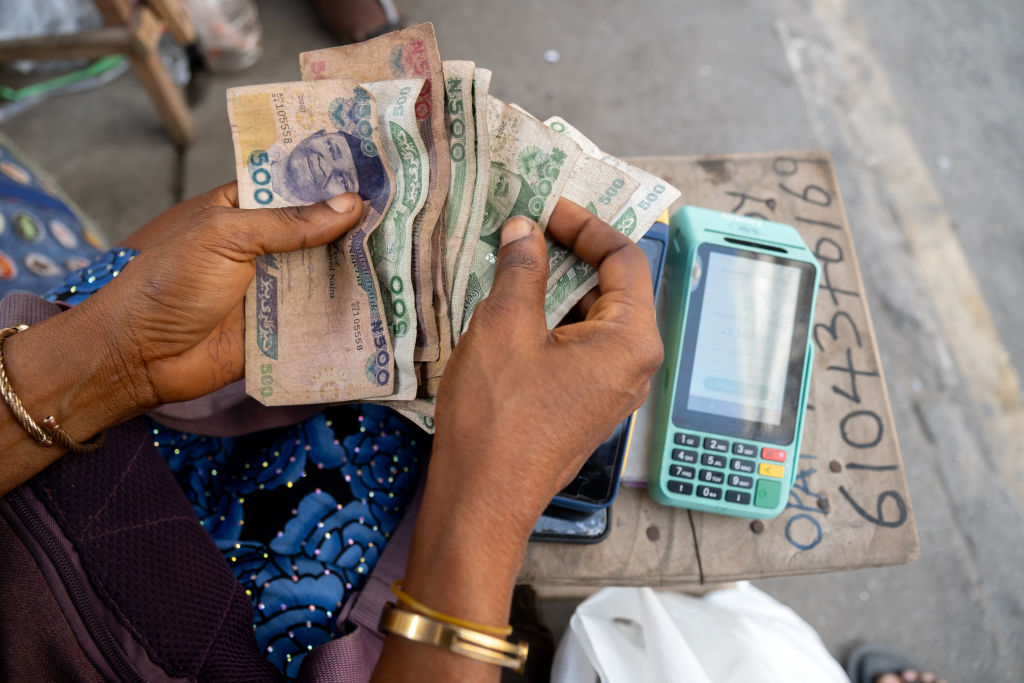After a turbulent period involving economic and geopolitical headwinds, investors are gradually rediscovering the country as a promising destination.
While challenges remain, fund managers from across the venture capital, private equity, and infrastructure spheres indicate that Nigeria is again ripe for strategic capital deployment.
“We’ve come at the right time,” Abi Mustapha-Maduakor, CEO of the African Private Capital Association (AVCA), told the media on Monday, upon the annual conference’s return to Lagos—its first time back in Nigeria’s commercial capital in 11 years.
“If we look, over the past three years, at our data, we had depressed deal activity in Nigeria over the past two for many reasons–macroeconomic pressures and other geopolitical factors that affected a lot of countries in Africa, not least Nigeria. But what’s very important now is the tide is turning,” Mustapha-Maduakor added.
It reflects a cautious but growing sentiment among investors that Nigeria—previously Africa’s largest economy by GDP and population—may be entering a new investment cycle. The naira, which reportedly lost over 60% of its value in the last year alone, has seen relative stability in recent months.
Loading...
“Lagos is the heart of the African startup ecosystem,” said Kola Aina, Founding Partner of Ventures Platform, a pan-African early-stage venture capital (VC) firm, at the conference.
“It’s home to [several of] the continent’s unicorns and has attracted the most capital since we started tracking.”
According to a March 2024 report by AVCA, West Africa attracted the largest proportion of VC deal volume on the continent, at 26%, driven by Nigeria–the most active country by volume at 19%.
It further indicates that the market size for venture capital in Africa is estimated to be $4.5 billion across 603 deals, which including $0.9 billion of venture debt.
Beyond fintech and ecommerce, Aina noted that artificial intelligence (AI) is fast becoming a new focal point for venture capital in Africa.
“We’re seeing investors not just backing AI-enabled startups but also adopting AI tools internally to improve sourcing, due diligence, and overall fund operations,” he said.
Aina pointed to Nigeria’s 3 Million Technical Talent (3MTT) program, launched in 2023, as a critical factor in training young Africans in AI and machine learning. As Africa races to close its digital divide, such initiatives are helping prepare the continent’s youth for participation in a global tech economy.
“Cloud computing, data centers, broadband, and digital ID systems are prerequisites for scaling AI,” Aina later notes to FORBES AFRICA.
Still, the continent’s private capital ecosystem faces a long-standing concern: exits. “Where are the exits?” Aina asked rhetorically—a question echoed across the industry. While secondary sales have increased,
enabling early-stage investors to show distributions to paid-in capital (DPI), many still await large-scale IPOs or strategic acquisitions.
“Secondary transactions are useful for recycling capital,” Aina said. “But if terminal exits like IPOs don’t open up in the next five to seven years, we could see a bottleneck.”
Genevieve Sangudi, Managing Partner at Alterra Capital Partners, cites similar concerns. “Africa must deliver more liquidity to attract global investors. We also need to develop our own domestic capital pools.”
Despite the volatility, Sangudi remained bullish on Nigeria. “This is still the giant of Africa,” she said. “But we must focus on micro over macro, pick the right partners, sectors, and market leaders that are resilient through cycles.”
Olusola Lawson, Co-Managing Director of Africa Infrastructure Investment Managers (AIIM), sees untapped opportunities in energy, logistics, and telecom infrastructure.
AIIM is also looking at Africa’s potential as a destination for AI training infrastructure. “If you think about what you need for AI data centers—cheap land, power, and connectivity—these are becoming scarce in the U.S. and Europe. But parts of Africa, like Morocco, have them in abundance,” he said.
Lawson also noted that latency is less of an issue for model training centers, making Africa a viable hub for this niche. “That could be an opportunity for us, going forward.”
Aina stressed that Africa’s long-term fundamentals remain intact: a youthful, rapidly growing population, along with urbanization, and increasing mobile penetration.
“The continent is the world’s last frontier for market creation,” said Aina. “With over one billion people projected to be added by 2050, Africa offers a vast total addressable market—if we can convert non-consumers into consumers.”
Referencing innovation expert Efosa Ojomo on venture capital designed to de-risk an economy–or at least, a sector, Aina said it must “go beyond funding” and help build the scaffolding that enables market-creating innovations.
Danladi Verheijen, CEO of Verod Capital Management, quoting Baron Rothschild, put it succinctly: “Buy when there’s blood on the streets—even if it’s your own.” Verod, founded in the wake of the 2008 global financial crisis, sees parallels between that moment and Nigeria today.
“Now is the time to invest,” said Verheijen. “Prosperity will follow.”
Loading...
